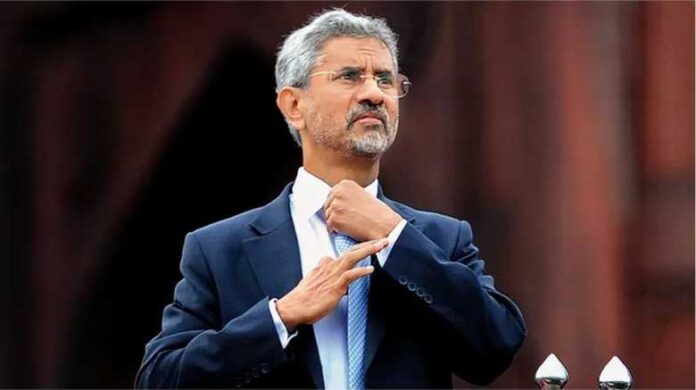By: Staff Writer
September 26, Colombo (LNW): India’s External Affairs Minister, S. Jaishankar, emphasized that the financial assistance provided to Sri Lanka during its economic crisis came without any political conditions.
India extended $4 billion in financial support to Sri Lanka, which amounted to about 5% of Sri Lanka’s pre-crisis GDP and just under 1% of India’s foreign reserves.
This aid surpassed the $3 billion commitment made by the International Monetary Fund (IMF) to Sri Lanka for the period from 2023 to 2027. With Sri Lanka having lost access to most foreign funding sources by early 2022, India essentially became the nation’s lender of last resort.
Backed by several hundred million dollars of American funding, a unit of India’s Adani Group conglomerate and two local partners are undertaking a massive expansion of the city’s main port, the busiest in South Asia.
The goal is to make Colombo an even bigger shipping destination, while slowly prying away the island nation from China, which has pumped billions of dollars into infrastructure projects across Asia and Africa.
While speaking at an event organized by the Asia Society in New York, Jaishankar reflected on India’s timely and significant response during Sri Lanka’s economic crisis.
He remarked, “We acted when Sri Lanka was in a serious economic situation, and, frankly, no one else did. I’m proud we took action, and we did it promptly and in a meaningful way. Our effective assistance totaled $4.5 billion.”
The minister was responding to a query about India’s non-reciprocal aid to its neighboring countries, particularly Sri Lanka and Bangladesh.
When asked about the potential implications of the recent political changes in Sri Lanka, which the questioner hinted might not favor India, Jaishankar maintained that internal political changes in Sri Lanka are matters for its people to decide.
He elaborated, “What happens within Sri Lanka’s political sphere is for them to resolve. Every neighboring country has its own specific circumstances and internal dynamics.
It’s not our role to suggest how their politics should align to suit our interests. In the real world, nations adapt and figure out how to work with each other,” Jaishankar explained.
Touching on broader regional relationships, Jaishankar reiterated that India does not seek to control the political processes of its neighboring countries. “India isn’t attempting to dictate every political decision in the region. That’s not how it works. Each country has its own dynamics,” he added.
Despite shifts in regional politics, Jaishankar expressed confidence in the region’s capacity to manage its relationships effectively. “I believe that in our neighborhood, the realities of interdependence, mutual advantage, and cooperation will continue to serve our shared interests. These factors will always come into play, as they have historically,” he concluded.


